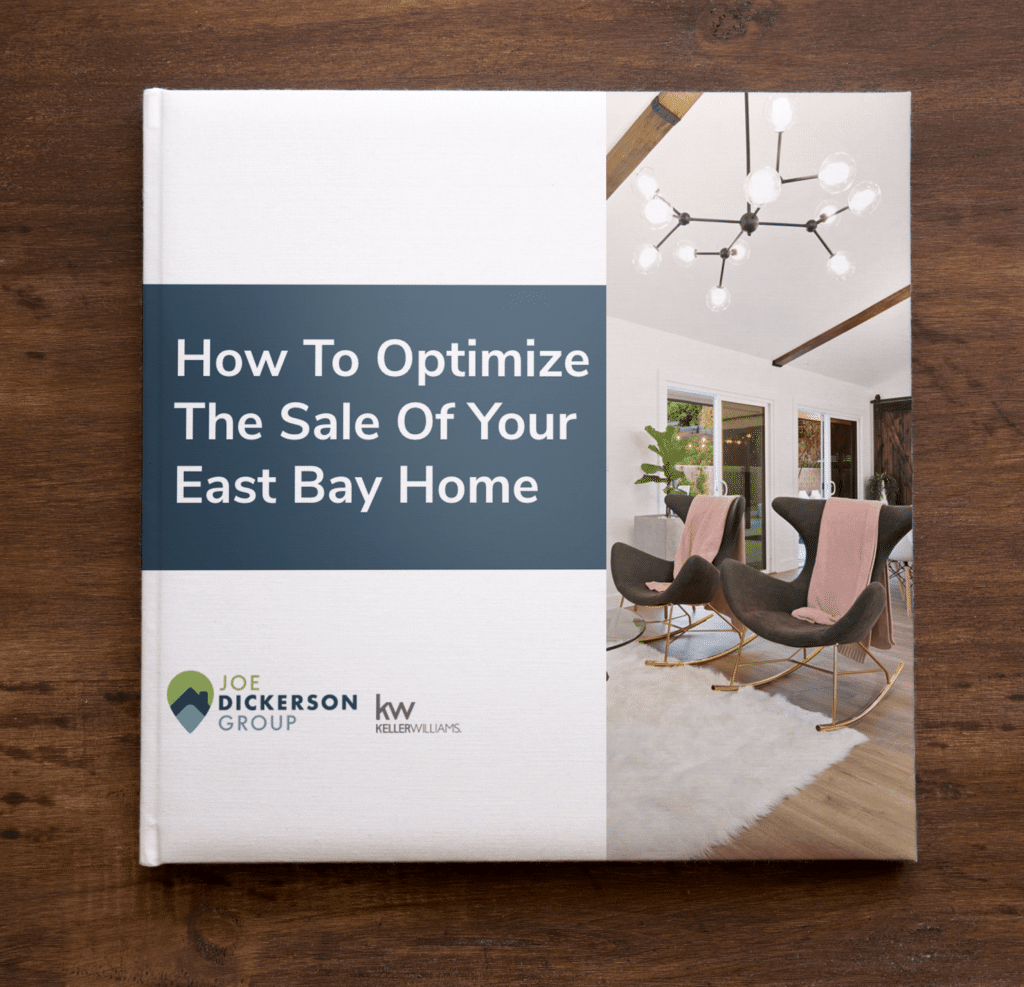In Oakland’s hot real estate market, prices are high, and so are monthly mortgage payments.
Your monthly mortgage payment, which includes the loan’s principal, interest, property taxes and homeowners insurance, no doubt takes a large chunk of your take-home pay. Most homeowners just live with the pain, despite some concrete steps they can take to lower the payment.
It’s not easy, and it does require effort on your part. But, you can lower your monthly house payment.
Dump the high interest rate
Although mortgage interest rates have been at historic lows, many homeowners bought their homes during periods of high interest rates. And, yes, rates are rising, so you’ll need to take advantage of this tip soon.
By refinancing the home with a mortgage that carries a lower interest rate, your monthly payments will naturally go down. For instance, if you bought your home in 2003, you are most likely paying 5.83 percent in interest.
Lock in today’s rates, 4.625 percent as of this writing, and your house payment will be reduced significantly. (But hurry, as interest rates are rising quickly.)
There are aspects of refinancing that need to be considered before jumping into it so run the idea by your accountant or financial planner first.
Lower your property taxes
Depending on where you live, paying your “fair share” to help fund our schools and local government can add a hefty amount to your monthly house payment.
Residents of Alameda County, where the median home value is $509,300, pay an average effective property tax rate of 0.87% for a median tax bill of $4,411. That’s roughly $368 per month. Yikes.
Your first step to lower property taxes is to dig out your current assessment and check to ensure that everything in it is accurate, from the home’s square footage to the number of bedrooms and bathrooms. If you do find errors, or if you know of homes in your area that are more expensive yet the homeowners pay less in taxes, you may be able to dispute your tax bill.
Are you paying too much for homeowners insurance?
The average American homeowner pays about $1,083 each year (a bit less than $100 per month) for homeowners insurance, according to ValuePenguin.com.
And, many may be paying too much, according to a Consumer Reports study. Among respondents to the survey, “About 9 percent switched insurers in the previous three years, and more than half reported finding a better price,” according to Jeff Blyskal at consumerreports.org.
He goes on to claim that homeowners “can save hundreds to more than $1,000 per year in premiums by shopping around.” Insurance companies use your credit score when determining your premium, so work on raising your score to get better rates.Blyskal explains that “an insurance premium for a 45-year-old homeowner with a fair credit score would be 36 percent higher than if she had an excellent score, on average nationally. If the homeowner had a poor score instead of an excellent one, her premium would be 114 percent higher.”



